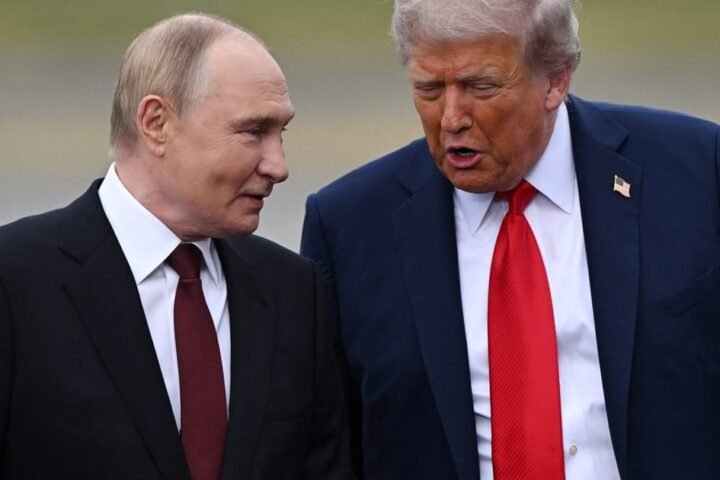German Coalition Faces Tensions Over Defense Bill Amid Personnel Shortages
German Defense Minister Boris Pistorius is under scrutiny from Christian Democratic leaders for his handling of a defense bill aimed at addressing the Bundeswehr’s chronic personnel shortages. Norbert Röttgen, a senior figure in the Christian Democratic Union (CDU), accused Pistorius of implementing a one-sided compromise focused solely on voluntary service without establishing clear targets or an automatic switch to conscription if volunteer numbers fall short. “That won’t work — there must be mandatory improvements,” Röttgen stated, highlighting the critical concerns surrounding the bill, reports 24brussels.
The skepticism from Röttgen is echoed by various Christian Democrats, with multiple parliamentary advisers voicing doubts over the bill’s ability to garner necessary political backing for passage. As discussions intensify, the bipartisan tension surrounding the bill remains apparent.
In the last week of July, senior officials from both the coalition parties convened privately to discuss potential adjustments to the bill’s language. This meeting included prominent conservative figures such as Röttgen, Thomas Röwekamp, Chair of the Bundestag Defense Committee, and defense working group leader Thomas Erndl. Their SPD counterparts included Pistorius, deputy parliamentary group leader Siemtje Möller, budget lawmaker Andreas Schwarz, and parliamentary undersecretary Nils Schmid.
According to two participants from the conservative faction, Pistorius expressed frustration over the CDU’s push for amendments, rejecting their suggestions while staunchly defending the Bundestag trigger clause embedded in the bill.
Schwarz later articulated the SPD’s viewpoint, emphasizing the principle that the Bundeswehr operates as a “parliamentary army,” meaning that decisions regarding the introduction of compulsory service must rest with the legislature, not the executive. “That’s a decision the parliament has to take,” Schwarz asserted. “If targets aren’t met and the threat level is high, then parliament must decide and, if necessary, tighten the law.”









